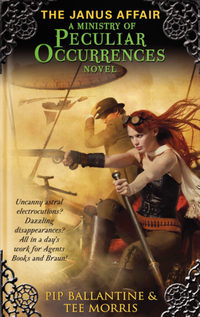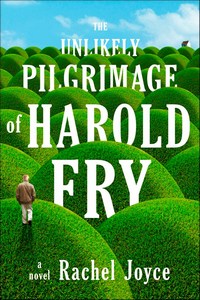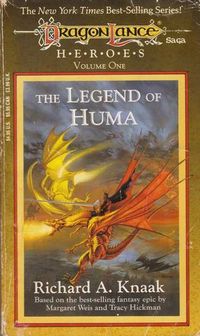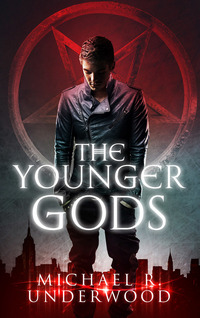 |

The Janus Affair
This is the second in the Ministry of Peculiar Occurrances by Pip Ballantine and Tee Morris–a Steampunk adventure with elements of spies and SF, and a dash of romance. My Goodreads review from 2012 says, “This time out, our intrepid secret agents investigate the inexplicable disappearances of several leading British suffragists. Pasts come back to haunt, secrets are exposed, romances are kindled, clockwork doohickeys do all sorts of strange and wonderful things–all you can want.” Can’t think of a better way to put it. |
 |

The Unlikely Pilgrimage of Harold Fry
The strongest memory I have of Rachel Joyce’s novel is how sweet it was–a retired gentleman hears that an old friend of his is in hospice on the other side of England. He writes a message to her and on his way to the mailbox, decides to hand-deliver it, so he sets out on a “stroll” from Kingsbridge to Berwick-upon-Tweed–it’d be hard to get two cities further apart in England (a quick search tells me it’s 7+ hours by train). Of course, he’s dressed to drop off a letter in the mailbox, not a cross-country hike. But he won’t let go of the idea. While walking, he deals with a lot of memories, rekindling feelings and ideas he’d long neglected; there’s a “Run, Forrest, Run” kind of public support that grows around him, and his wife has plenty of time to reflect on their marriage, too.
That’s the best you’re going to get from me about a book I haven’t read in a decade–but it’s not a great summary. It’s a feel-good kind of book, and as I recall, is pretty effective. |
 |

The Legend of Huma
Richard A. Knaak’s tale of the Knight who discovered the Dragonlancewas the first entry in the Dragonlance Heroes, and I think was the first in the world not to be written by Weis and Hickman. I haven’t read it (or any Dragonlance novel) in decades, but it was possibly my favorite. I know I read it more than any of the Chronicles or Legends (the benefit of being a standalone, rather than part of a trilogy). Huma is the kind of knight you reflexively think of: moral, brave, determined, and pretty good with his weapons. I have nothing but good memories of this.
(which is probably why I’ll never revisit it again–I don’t want to risk being disappointed) |
 |

The Younger Gods
Michael R. Underwood’s first non-Ree Reyes book was a good departure in style and subject, making a statement that he’s not a one-trick pony. This time out, his protagonist escapes from the Doomsday Cult he was raised in and goes to NYC to start fresh. Which is not easy, but he’s trying to learn how to live outside of that very insular world he grew up in. Here’s the thing–this cult isn’t like your typical cult, they are actually on to something–they have the magical abilities and know-how to bring about The End of the World. Then his sister shows up in NYC to actually initiate the apocalypse–and Jacob has to find a way to stop her. |
![]()

![]()
Read Irresponsibly, but please Comment Responsibly